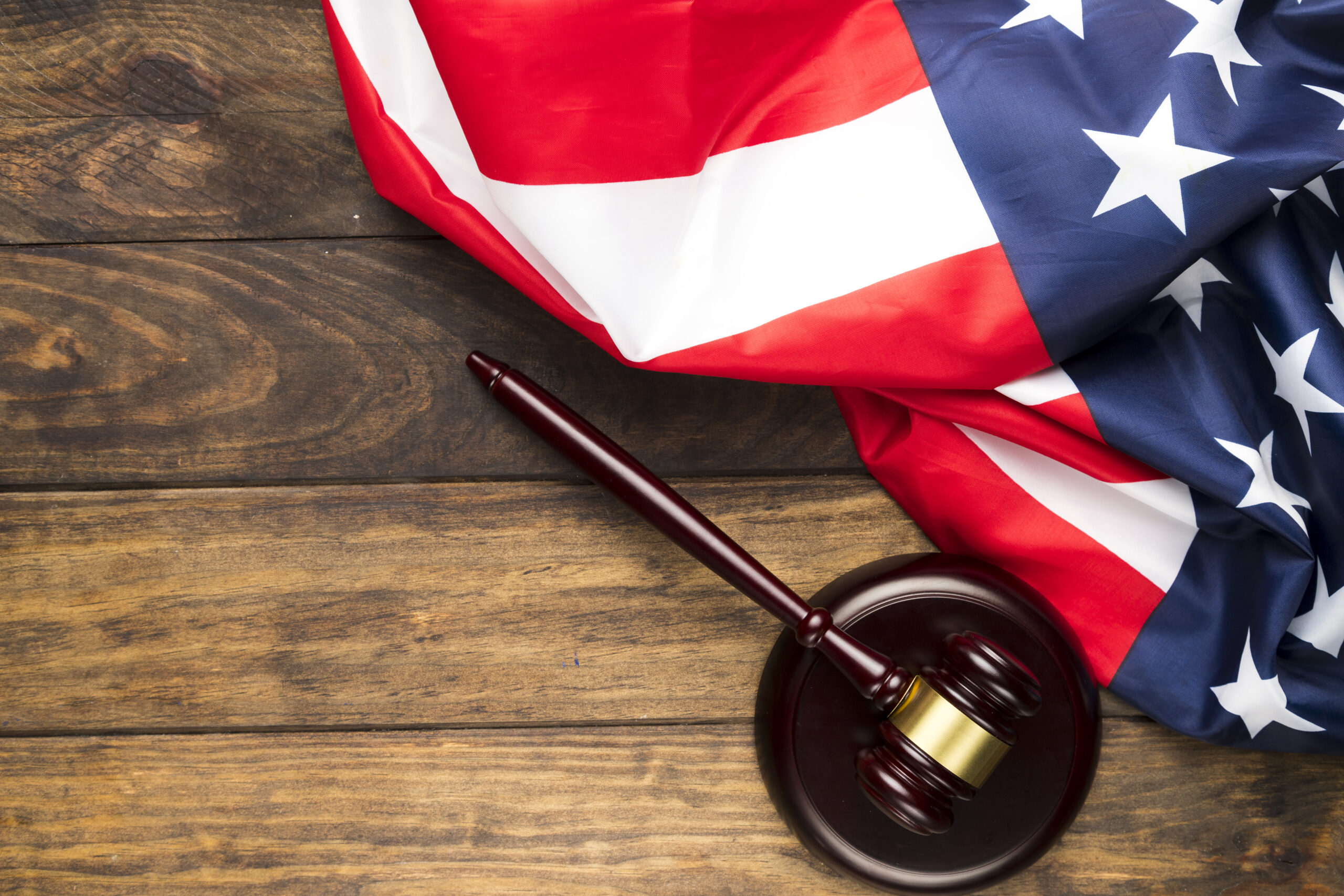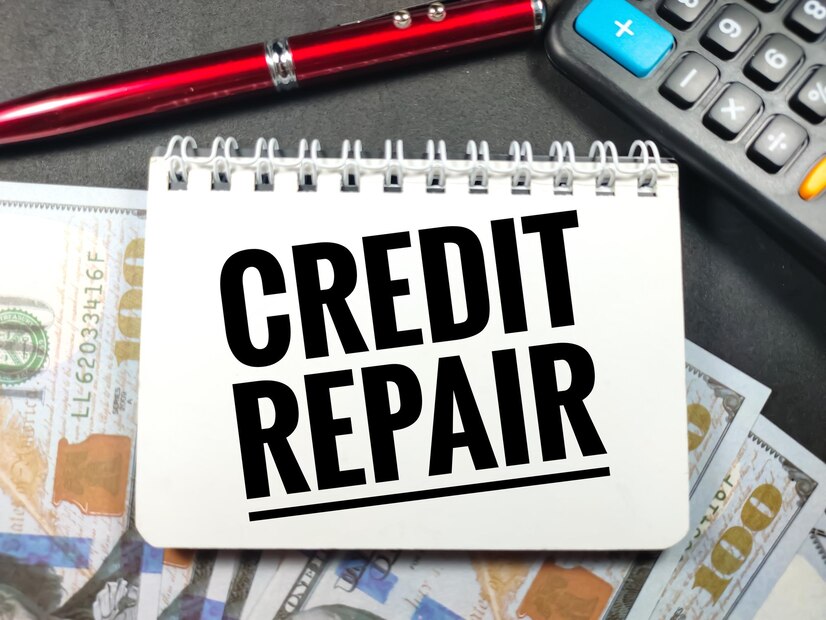Unlocking Financial Opportunities:
What is a Good Credit Score in Maryland?
In the world of personal finance, understanding your credit score is paramount. A good credit score opens doors to favorable financial opportunities, from securing low-interest loans to obtaining credit cards with attractive perks. If you’re a Maryland resident, you might wonder: What is a good credit score in Maryland? In this comprehensive guide, we’ll explore the nuances of credit scores, how they are evaluated, and strategies to achieve and maintain a good credit standing in the state of Maryland.
Decoding Credit Scores: The Basics
Evaluating Credit Scores in Maryland: Factors at Play
- Payment History (35%): Timely payments on credit accounts, including credit cards, mortgages, and loans, positively influence your credit score. Consistent on-time payments contribute to a good credit standing.
- Credit Utilization (30%): This factor assesses the ratio of your credit card balances to your credit limits. Maintaining a lower credit utilization ratio is considered favorable and contributes to a good credit score.
- Length of Credit History (15%): The length of time your credit accounts have been active influences your credit score. A longer credit history is generally viewed positively.
- Types of Credit in Use (10%): Having a mix of credit types, such as credit cards, mortgages, and installment loans, can contribute positively to your credit score.
- New Credit (10%): Opening multiple new credit accounts within a short period can be perceived as risky behavior. This factor considers the number and recency of newly opened accounts.
What is Considered a Good Credit Score in Maryland?
While the FICO and VantageScore ranges provide a general understanding, the definition of a good credit score can vary based on lenders and financial institutions. In Maryland, as in the rest of the United States, a good credit score typically falls within the range of 670 to 739. This range signifies creditworthiness and positions individuals favorably for various financial opportunities.
The Impact of a Good Credit Score in Maryland: Unlocking Opportunities
Achieving and maintaining a good credit score in Maryland can have a profound impact on your financial life. Here’s how a good credit score can unlock opportunities:
- Low-Interest Rates on Loans: Individuals with good credit scores are more likely to qualify for loans with lower interest rates. This includes mortgages, auto loans, and personal loans.
- Favorable Credit Card Terms: A good credit score opens the door to credit cards with attractive terms, such as lower interest rates, higher credit limits, and rewards programs.
- Approval for Rental Housing: Landlords often check credit scores as part of the rental application process. A good credit score can increase the likelihood of securing rental housing.
- Employment Opportunities: Some employers may consider credit history during the hiring process, particularly for positions that involve financial responsibilities. A good credit score can enhance your employability.
- Utilities and Insurance Rates: Utility companies and insurance providers may use credit scores to determine rates. A good credit score can lead to more favorable terms for utilities and insurance premiums.
Strategies to Achieve and Maintain a Good Credit Score in Maryland
Now that we’ve established the importance of a good credit score, let’s explore practical strategies to achieve and maintain this financial milestone in Maryland:
- Timely Payments: Consistently make on-time payments on all credit accounts, including credit cards, loans, and mortgages.
- Credit Utilization Management: Keep credit card balances low relative to credit limits to maintain a healthy credit utilization ratio.
- Diversify Your Credit Mix: Strive to have a mix of credit types, such as credit cards, installment loans, and mortgages, to positively influence
- Regular Credit Monitoring: Monitor your credit report regularly for inaccuracies and address any issues promptly.
- Financial Planning: Implement sound financial planning and budgeting practices to manage credit obligations responsibly.
Conclusion: Navigating the Landscape of Credit in Maryland
In Maryland, as in any state, a good credit score serves as a valuable asset in navigating the financial landscape. By understanding the factors that contribute to a good credit score and implementing strategic financial habits, individuals can position themselves for success and unlock a myriad of opportunities.
Remember, achieving a good credit score is a journey that requires diligence, responsibility, and informed decision-making. As you embark on this journey, you’re not only building a strong credit foundation but also setting the stage for a brighter financial future in the state of Maryland.



